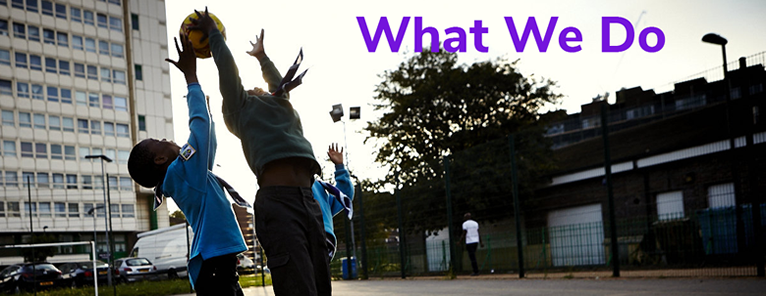
If you think Scouting’s just about knots, woggles and big shorts, then be prepared to be surprised. It’s how Richard Branson, Barack Obama and David Beckham got their start in life and you can benefit too.
There are 450,000 young people in Scouting in the United Kingdom , spread across six sections: Squirrels Scouts, Beaver Scouts, Cub Scouts, Scouts, Explorer Scouts and the Scout Network. Each section has its own balanced programme of activities, badges and awards.
SECTIONS
Squirrels (4–6)
Squirrels Scouts are our youngest members. They gather in dreys to hop, skip and jump their way through lots of different games and activities – achieving anything they set their minds to, and having lots of fun along the way.
The one hour sessions will be a brilliant opportunity for young people to take their first step into being part of Scouts, and they’ll help everyone get ready for the adventure of school too.
Beavers (6–8)
Beaver Scouts usually meet weekly to take part in a wide range of activities including games, crafts, singing, visits and good turns, along with plenty of outdoor activities.
They will also have the opportunity to take part in the fun and excitement of camps and sleepovers. It may be the first time they spend a night away from home so it’s a real adventure for them.
Cubs (8-10½)
A Cub Scout Pack can have up to 36 Cub Scouts and is split into smaller groups called Sixes. Cubs take part in a wide range of activities designed to be interesting and challenging. A Cub Scout meeting consists of games and activities with plenty of time spent outdoors.
Camps and holidays are some of the most memorable events of the year for Cubs.
Scouts (10½–14)
Each Scout Troop consists of small units of six to eight Scouts called a Patrol, usually led by a Patrol Leader. Outdoor activities feature prominently, with the highlight being camping. Throughout the year, Scouts learn various skills, such as map reading, camp cooking and first aid in preparation for camp.
Rock climbing, potholing, gliding, photography and international experiences are just some of the things they get up to.
Explorer Scouts (14-18)
Explorers are encouraged to lead themselves in deciding the programme
and direction of the Unit, with support and guidance from leaders. The section also includes the Young Leaders’ Scheme, where young people are able to take on a leadership role in one of the younger sections.
There is wider scope for activities like offshore sailing, campaigning, performing, parascending, mountaineering and expeditions.
Scout Network (18-25)
Scout Network is the sixth and final section of the Scouting movement. Scout Network members take part in a variety of activities, which they undertake and organise themselves with the support of a Scout Network Leader.
Example activities include abseiling, camping, circus skills, climbing, go-karting, gorge walking, hiking, pioneering and watersports.
Sections usually meet on one evening during the week, although will also be going to camps and other days out throughout the year.
Whilst the activities they take part in will depend on their age, each Section gives young people the opportunity to learn by doing. The main programme areas are: Outdoor and Adventure; Global; Community; Fit for Life; Creative and Beliefs; and Attitudes. Scout Leaders are trained to deliver this programme, ensuring our young people stay safe while they enjoy themselves and learn.
Badges
Scouts of all ages work towards attaining awards in their chosen activities, and are awarded Scout Badges. From Circus Skills and Street Sports to Imagination and Public Relations, there is a wide range of choice for all Sections.
More information on many of the different award badges you can work towards.
